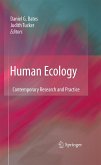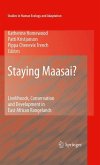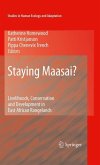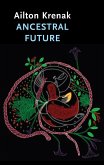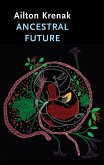This book arose from the need to develop accessible research-based case study material which addresses contemporary issues and problems in the rapidly evolving field of human ecology. Academic, political, and, indeed, public interest in the environmental sciences is on the rise. This is no doubt spurred by media coverage of climate change and global warming and attendant natural disasters such as unusual drought and flood conditions, toxic dust storms, pollution of air and water, and the like. But there is also a growing intellectual awareness of the social causes of anthropogenic environmental impacts, political vectors in determining conser- tion outcomes, and the role of local representations of ecological knowledge in resource management and sustainable yield production. This is reflected in the rapid increase of ecology courses being taught at leading universities in the fa- growing developing countries much as was the case a decade or two ago in Europe and North America. The research presented here is all taken from recent issues of Human Ecology: An Interdisciplinary Journal. Since the journal itself is a leading forum for cont- porary research, the articles we have selected represent a cross-section of work which brings the perspectives of human ecology to bear on current problems being faced around the world. The chapters are organized in such a way to facilitate the use of this volume either to teach a course or to introduce an informed reader to the field.


